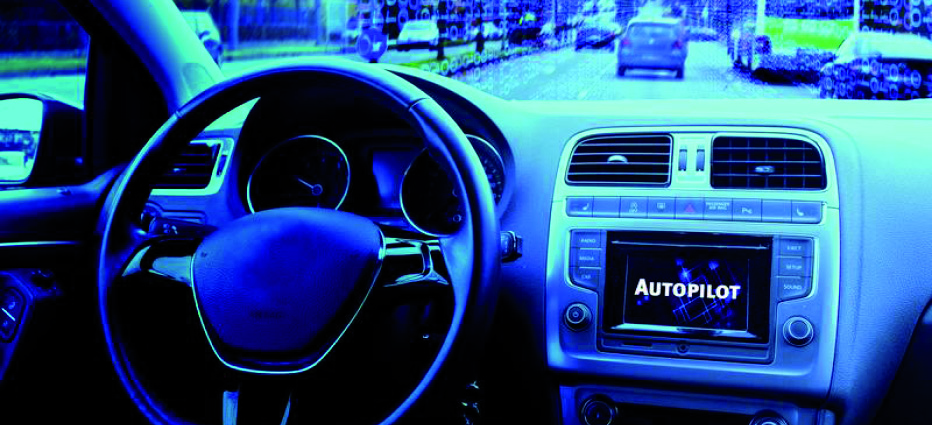
Autonomous vehicles are going to play an important role in enhancing mobility and independence that will, in turn, improve the quality of life of seniors.
The world is getting older and by 2020, adults 60 years and above will outnumber children younger than 5 years. Mobility is one of the major challenges faced by the elderly. The ability to move gives them the autonomy to continue with their lives in dignity without depending on others to help them. Autonomous vehicles are going to play an important role in enhancing mobility and independence that will, in turn, improve the quality of life of seniors.
Promote Daily Living
Around 15% of the world’s population experience some form of disability according to the World Health Organization (WHO). This represents around 110-119 million adults who have difficulties in functioning. Their disabilities prevent them from moving freely without the assistance of devices or humans. Restriction of movement not only hinders them from performing daily chores such as grocery runs or medical appointments, but also affects their mental condition with frustration often leading to other psychological problems.
Preparing well for retirement can help ease the burden of the normal effects of aging. This may include gaining financial independence as well as getting ready physically and mentally. The use of assistive devices and equipment such as autonomous vehicles can even take off the stress of doing daily activities. Older adults can drive to their intended destinations easily eliminating the need to rely on others for transportation and thereby, enhancing their personal freedom and mobility.
Enhance Independence of Disabled Elderly
Older adults who are not able to drive can now get in a vehicle and reach their destinations. Even disabled individuals can use self-driving cars. One of the successful tests of Google’s Waymo included a blind man using a self-driving car. Car manufacturers not only accommodate the needs of the elderly, but also those with disabilities. Tactile screens are useful for those with hearing impairments while large buttons make it easy to control, start, or stop the vehicle. The potential for complete independence and mobility improves their physical and mental well-being.
Autonomous vehicles not only boost the mobility of seniors, but also do so without apprehensions that physical impairment could compromise their safety and others who are using the road. It is expected the driverless vehicles reduce human errors that will improve road safety and decrease accidents and injuries caused by motor vehicles.
Improve Overall Quality of Life
According to the American Association of Retired Persons (AARP), nearly 90% of adults 65 years and above want to age in place. They prefer to stay in their current homes or communities. Autonomous vehicles assist seniors age in place by improving their mobility. This saves money in expensive retirement home stays that could otherwise be used to enrich their lifestyle.
Moreover, the physical and mental condition of seniors are enhanced when they are independent. Overall, autonomous vehicles also eliminate human errors making it safer for everyone on the road. Whereas before, the elderly will not likely give up the car keys voluntarily because it means abandoning their independence, now, they can continue to be mobile without compromising anyone’s safety on the road.
Driverless cars will not only have a significant impact on the general population, even the elderly can benefit immensely once they are deployed on the road. Autonomous vehicles enhance the elderly’s independence, assist those with disability gain or regain mobility, and improve end of life quality.
Jennifer Dawson